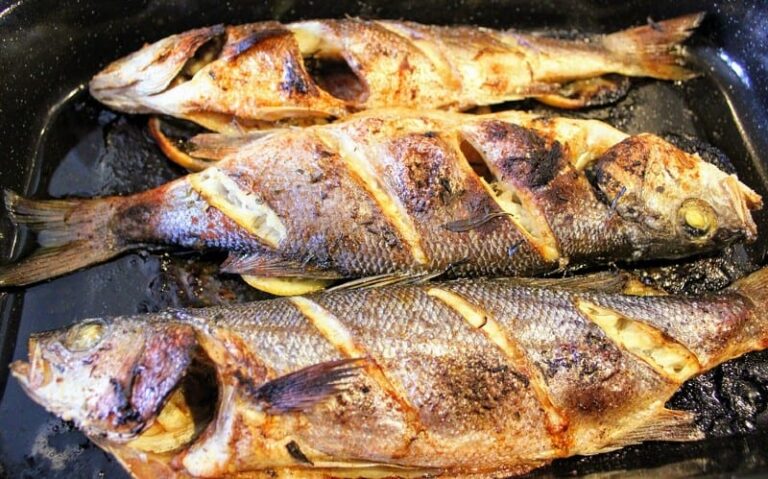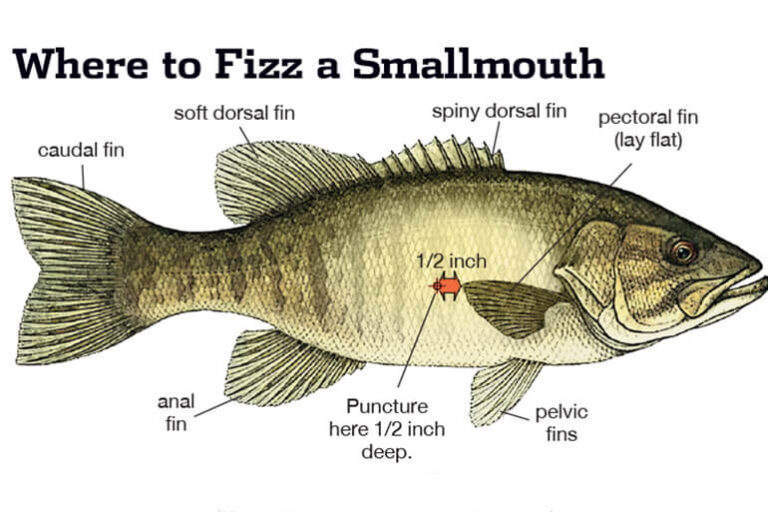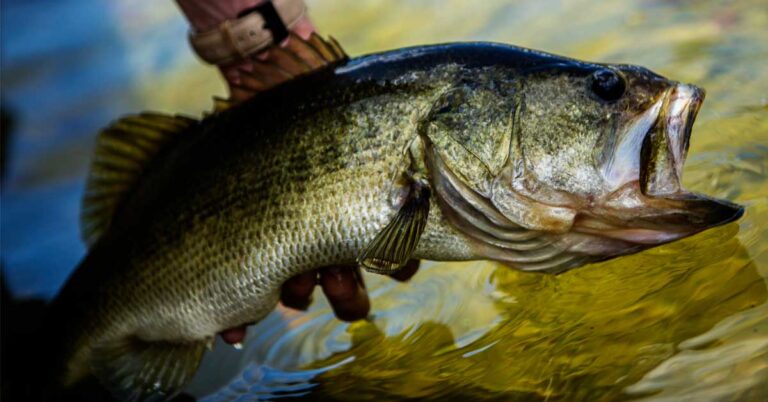Does Smallmouth Bass Taste Good
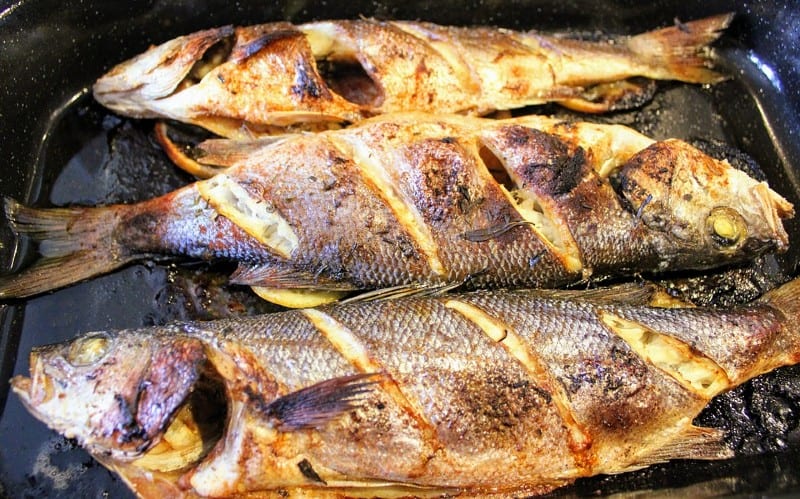
Smallmouth bass is known for its delicate, white flesh that offers a mild, slightly sweet flavor. Many anglers and culinary enthusiasts rank it highly for its taste and texture.
Smallmouth bass, a popular freshwater fish found in North America, garners praise not only for its fighting spirit on the line but also for its culinary appeal. This species, often inhabiting streams, rivers, and lakes, provides an exceptional dining experience for those who appreciate fresh water fish.
Anglers often seek out smallmouth bass not only for the challenge of the catch but also for the rewarding meal that follows. When prepared properly, this fish can deliver a taste that balances between the richness of trout and the subtleness of a flaky white fish, making it a favored choice for a variety of recipes and cooking methods. As a firm textured fish, it holds up well to grilling, baking, and pan-frying, ensuring a versatile option for any fish lover’s palate.
Smallmouth Bass Culinary Profile
Smallmouth Bass delights with a unique culinary profile. Known for its firm texture, this fish offers a pleasurable bite. The flavor is mildly fishy, not overpowering, which pairs well with various seasonings. Dishes created with Smallmouth Bass satisfy diverse palates.
Concerning nutritional value, Smallmouth Bass ranks high. It’s a healthy choice teeming with protein and low in unwanted fats. Featuring essential omega-3 fatty acids, consuming this bass supports heart and brain health. It also brings vital vitamins and minerals to the table, enhancing its appeal as a nutritious option.

Credit: fishmasters.com
Comparison With Other Fish
The smallmouth bass often gets praised for its delicate flavor. Unlike its cousin, the largemouth bass, which some find muddy-tasting, the smallmouth offers a cleaner taste. Its meat is firm yet tender when cooked, making it a favorite among anglers and chefs alike.
Different cooking methods also affect the final flavor of smallmouth bass. Grilling can impart a smoky taste, while frying gives a crispy texture. Steaming or poaching the bass preserves its natural flavors, enhancing its mild fish taste. Compared to stronger-tasting fish like salmon, smallmouth bass is subtler and light, which makes it very versatile in recipes.
Preparing Smallmouth Bass
Cleaning smallmouth bass is straightforward. Begin by cutting from the anus to the jaw. Remove guts and gills carefully. Rinse the fish with cold water to clean blood and residue. Next, lay the fish on its side. Slice from tail to head, along the backbone. Turn over and repeat. Remove the skin by sliding your knife between meat and skin. Cut the fillet at an angle when you reach the tail.
For marination and seasoning, pat fillets dry first. Choose a mix of your favorite spices. Common choices are garlic powder, black pepper, and lemon juice. Coat fillets evenly with the mix. Let the fish sit with seasoning for 30 minutes. This enhances flavor deeply. Consider adding a light brushing of olive oil to keep the meat moist. Finally, wrap and chill until cooking time.
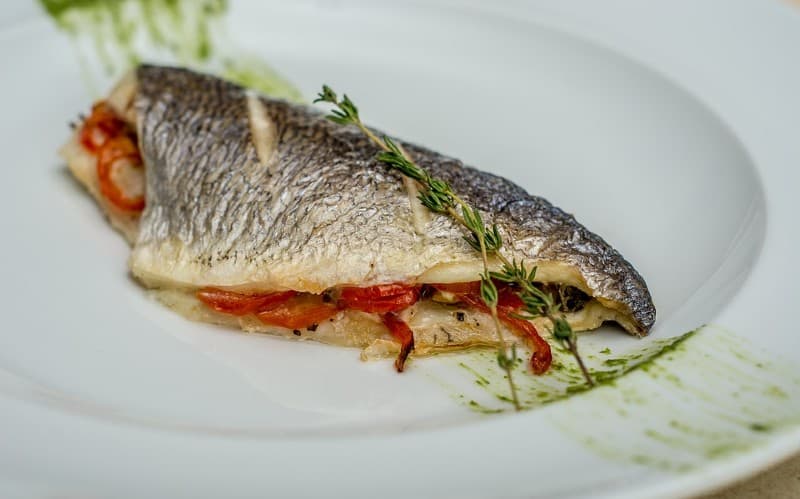
Credit: www.boatsafe.com
Popular Smallmouth Bass Recipes
Smallmouth Bass brings a unique flavor to the table. Its flesh is firm and lean, making it perfect for various cooking methods. Exploring delicious recipes can enhance the taste of this fresh catch.
- Grilled Smallmouth Delight features the bass with a light char. A simple marinade of lemon, garlic, and herbs infuses it with zest.
- For a zestier choice, try Smallmouth Ceviche. Fresh bass cubes mix with lime juice and veggies. It’s a refreshing no-cook option!
- Pan-Fried Bass with Herbs is a classic. Coat the fillet in seasoned flour. Then, fry until golden. Serve with a slice of lemon.
Eating Smallmouth Bass Responsibly
Eating Smallmouth Bass offers a delightful culinary experience, yet it must be done with consideration for sustainability and environmental impacts. Responsible fishing practices ensure that populations remain healthy.
Understanding the consequences of overfishing is crucial. Fishermen are encouraged to practice catch and release. This approach helps preserve the smallmouth bass populations for future generations. Select regions may impose size and catch limits. Adhering to these rules supports sustainable fisheries.
Educating oneself about local smallmouth bass populations and regulations is important. Utilizing available resources from conservation organizations can guide responsible fishing. Participation in conservation efforts is beneficial both for nature and the angling community.

Credit: www.themeateater.com
Frequently Asked Questions On Does Smallmouth Bass Taste Good
Do Smallmouth Bass Taste Better Than Largemouth Bass?
Many anglers consider smallmouth bass to have a firmer, tastier flesh compared to largemouth bass, which can be milder in flavor. Taste preference can vary, though, based on personal taste and the environment in which the fish lived.
Why Doesn T The Fishing Community Eat Bass?
Some fishing communities avoid eating bass due to conservation efforts and a preference for other fish species that are more traditional or abundant in their local diets.
Can You Eat Smallmouth Bass From A Pond?
Yes, you can eat smallmouth bass from a pond, provided the water is not contaminated and local advisories permit. Always cook thoroughly to ensure safety.
What Freshwater Fish Taste The Best?
The best-tasting freshwater fish include walleye, trout, and bass. Their flavors are well-regarded for their mild and clean taste, preferred by many anglers and food enthusiasts.
Conclusion
Taste buds rejoice with smallmouth bass, a true delight for anglers and chefs alike. This freshwater fish offers a mild, appealing flavor that’s versatile in the kitchen. Perfect for those seeking a light, healthy meal, it’s clear why this species is popular on plates.
Get ready to savor the catch!
Also Worth Reading:
- Can You Eat Smallmouth Bass
- Does Largemouth Bass Taste Good
- How Fast Does a Largemouth Bass Grow
- How Long Does a Largemouth Bass Live
- How to Clean a Smallmouth Bass
- How to Fillet Smallmouth Bass
- What Does a Bass Bed Look Like
- Can Hybrid Striped Bass Reproduce
- Can Largemouth Bass Live in Saltwater
- Can You Eat Bass from a Lake?

